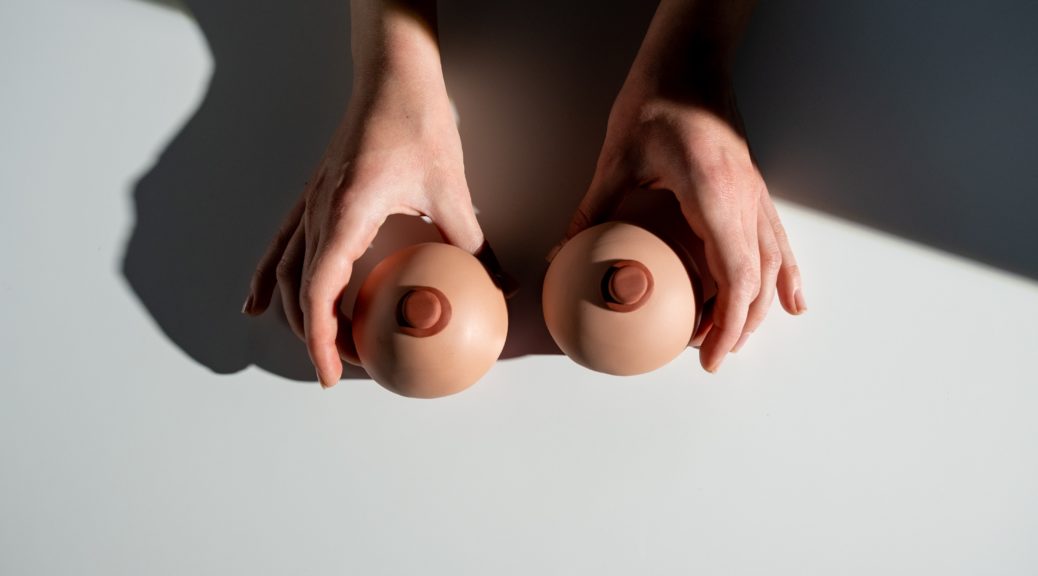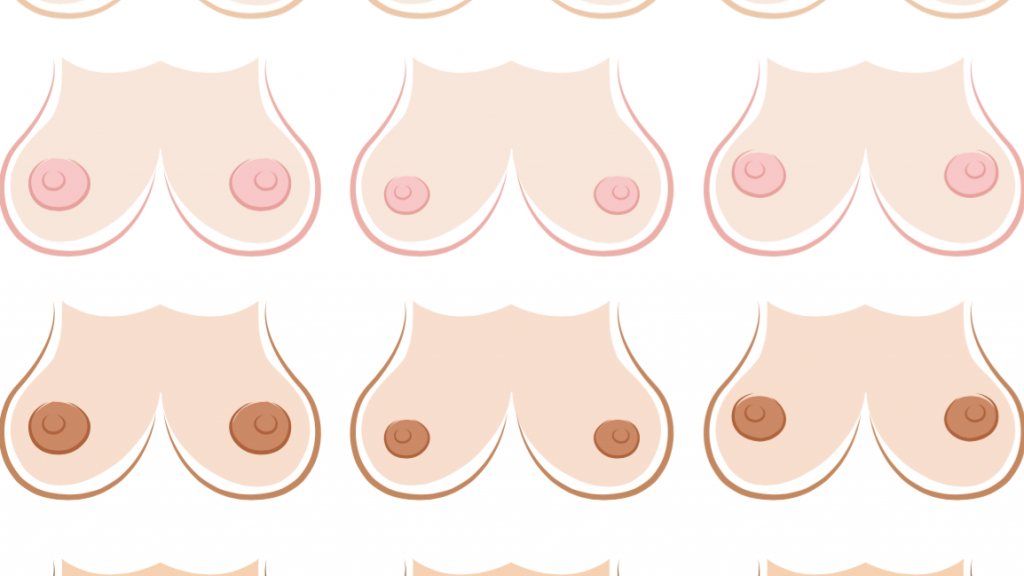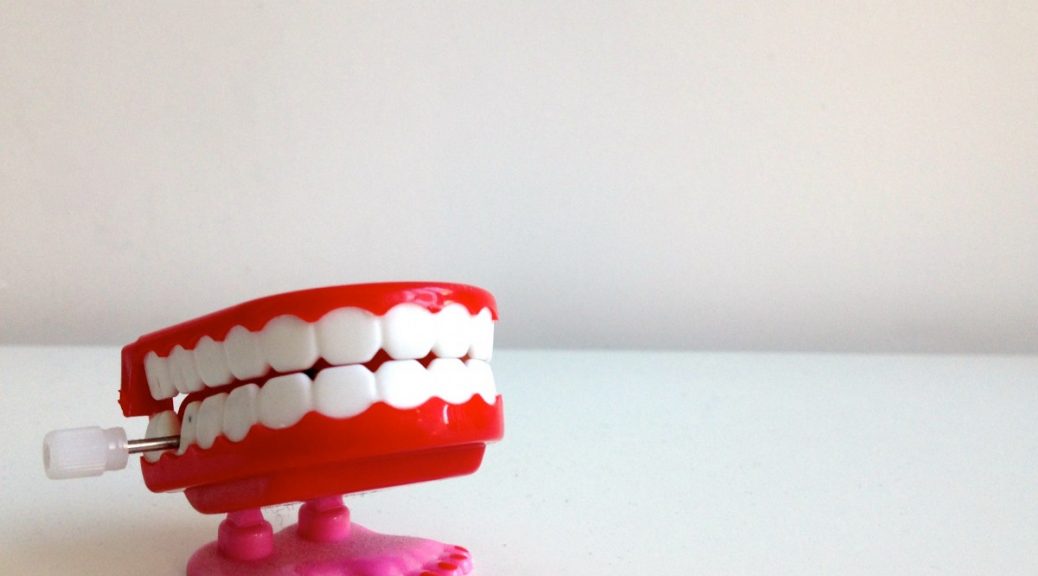Is there a breastfeeding crisis at 5 or 6 months?
Many mothers talk about a breastfeeding crisis at 5 or 6 months of the baby’s life. It has taken some time to understand this crisis, which does not appear in manuals and happens almost exclusively with an exaggerated increase in demand for night feeds. We have already talked about the 3-month breastfeeding crisis and the developmental leap at 4 months (also called sleep “regression”), where most babies go through a so-called breastfeeding crisis. Babies start to sleep less at night,…









